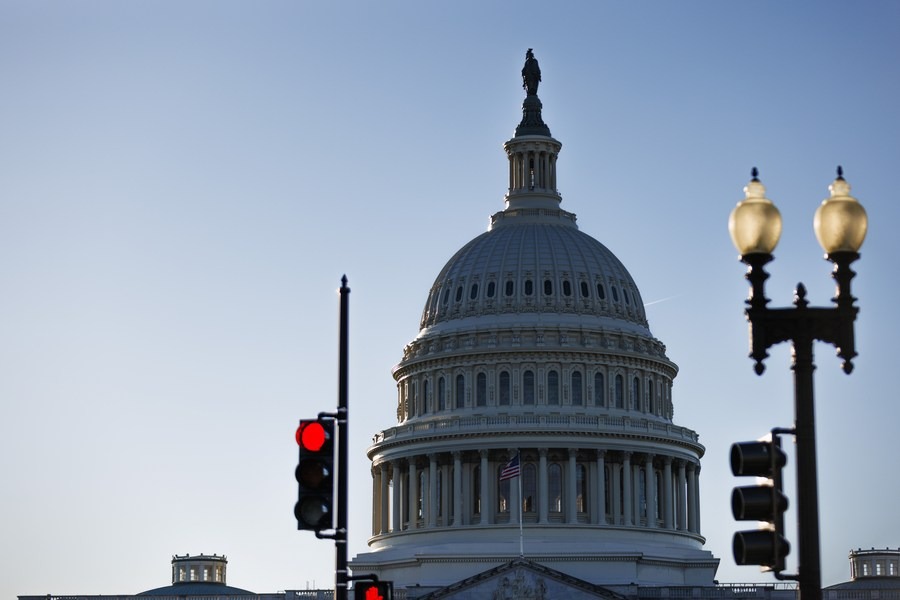UK unemployment rate at 10-year high

The United Kingdom government has been dealt a blow ahead of its budget statement at the end of the month after new figures revealed unemployment is at the highest rate for a decade outside the period of the pandemic, with wage growth slowing.
The country's finance minister, Chancellor of the Exchequer Rachel Reeves, is widely expected to be forced into announcing more tax rises when she reveals the government's financial plans in her speech on Nov 26. This means the timing of the Office for National Statistics revealing a 5 percent rise in joblessness, up from 4.8 percent in the previous quarter, and above the 4.9 percent that had been forecast, is particularly unwelcome.
"There is little comfort in this data for businesses or the government," Jane Gratton, deputy director of public policy at the British Chambers of Commerce, told the Financial Times newspaper. "Employers are being squeezed by sky-high employment costs, and we are beginning to see the consequences."
Suren Thiru, economics director at the Institute of Chartered Accountants in England and Wales, told The Guardian newspaper the labor market in the UK appeared to be "suffering from pre-budget jitters".
Businesses that had only just taken on board an increase in employers' National Insurance contributions announced by Reeves in the 2024 budget but which took effect in April, were, he said, tightening their belts with regard to recruitment "in anticipation of another difficult budget".
Pat McFadden, secretary of state for work and pensions, said the figures showed why the government was pushing ahead with plans to reform job centers and help young people get their careers going, but his opposition counterpart, Helen Whately of the Conservative Party, said they were a reflection of Reeves' "bad choices" in "hiking up taxes on jobs, piling red tape on businesses, and destroying confidence in the economy", with more tax rises to come.
The figures have increased speculation that the monetary policy committee, or MPC, of central bank the Bank of England, or BoE, will cut interest rates next month in an attempt to revive a sluggish economy.
The MPC meets eight times a year to look at monetary policy and see what needs to be done to get inflation down to the BoE's target figure of 2 percent.
"Today, we held interest rates at 4 percent," said a statement from the BoE after the MPC's most recent decision, earlier this month. "Since August last year, we have been able to cut rates five times. Inflation has come down a long way from its peak three years ago, but it remains too high."
Yael Selfin, chief economist at KPMG UK, told business newspaper City AM the latest unemployment data "strengthens the BoE's case to resume cutting interest rates next month, as moderating wage pressures and a softening labor market are expected to bring wage growth closer to levels consistent with the inflation target by the end of the year".































